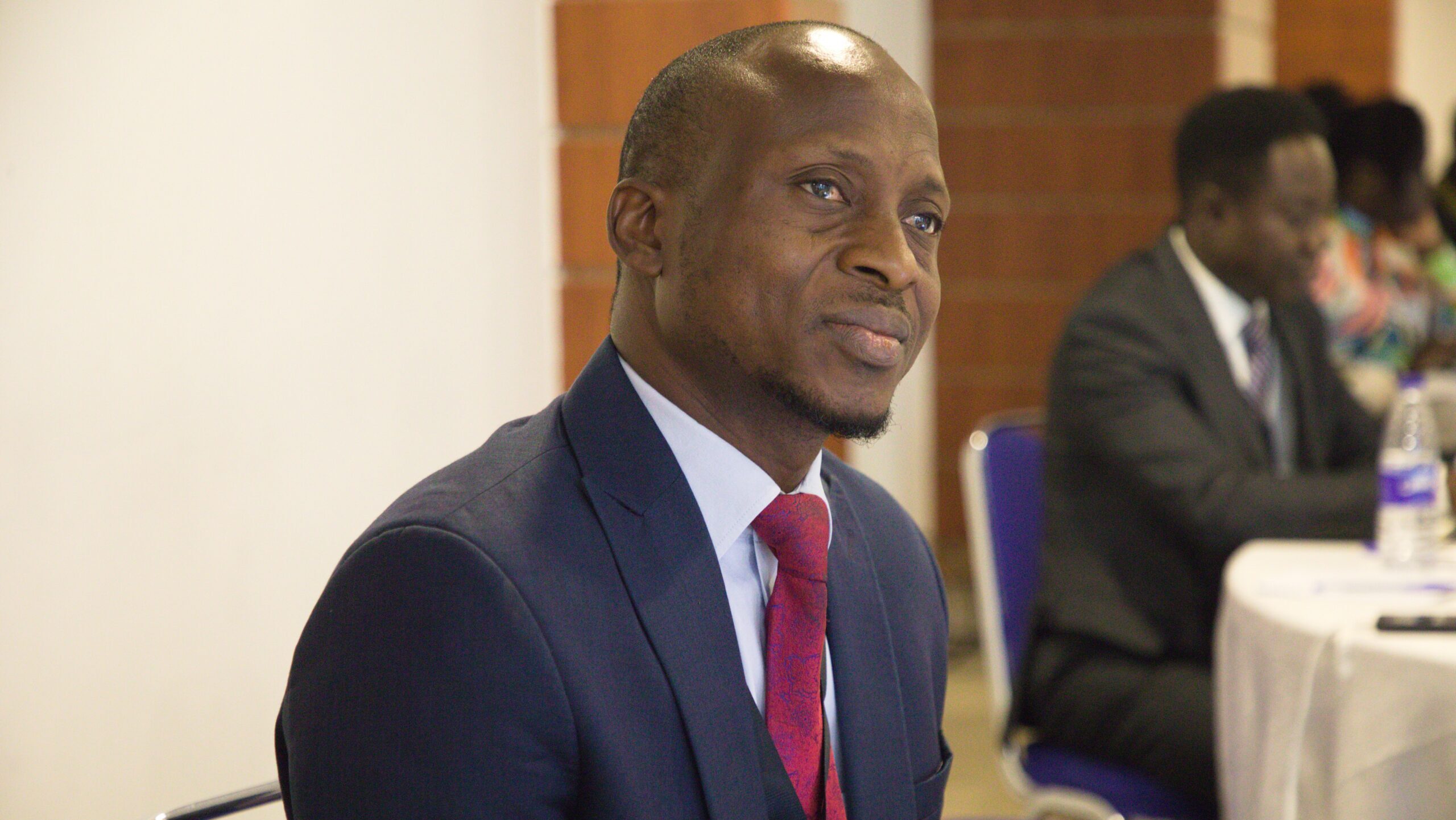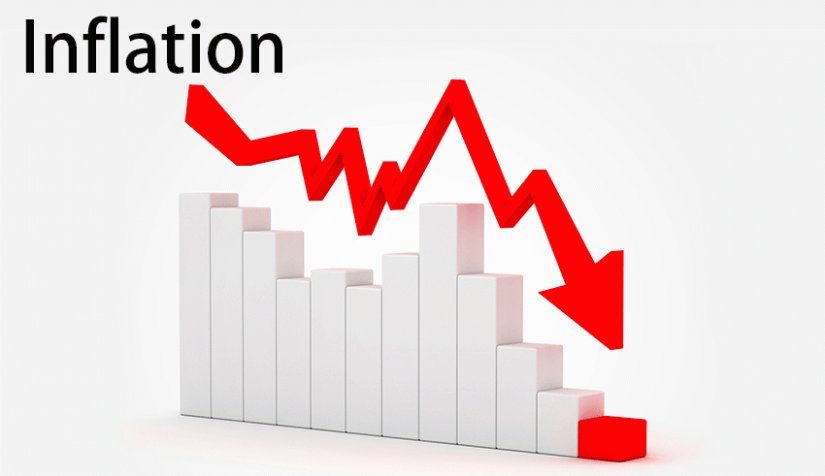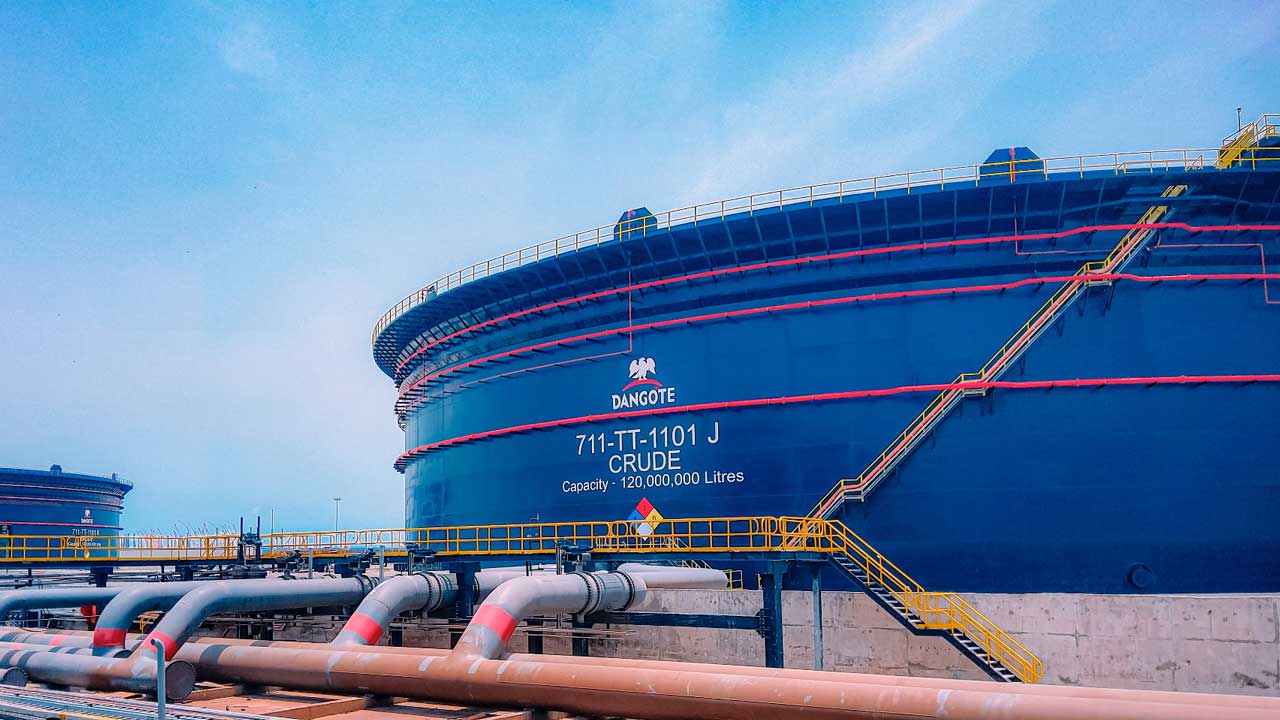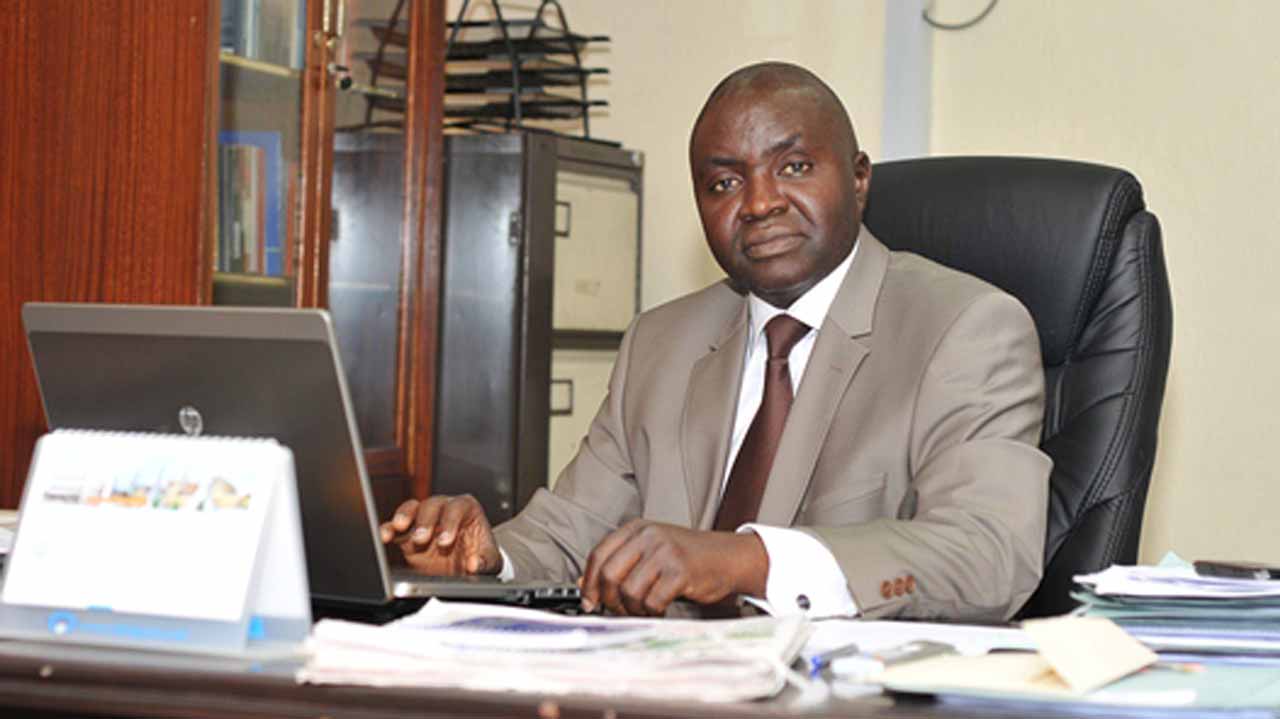
Dike Onwuamaeze
Financial and legal experts have expressed the view that Nigeria would not realise its aspiration of becoming a $1 trillion economy by 2030 without engendering a legal and regulatory framework that would unlock the contributions of equipment and leasing sub-sector to the Nigerian economy.
The experts expressed this view in Lagos during the 23rd National Lease Conference that was organised by the Equipment and Leasing Association of Nigeria (ELAN) with the theme, “Enhancing Growth and Sustainability in the Nigerian Equipment Leasing Industry.”
In her welcome address, Chairman of ELAN, Mrs. Elizabeth Ngozi Ehigiamusoe, said that the industry recorded an impressive 23.2 per cent growth in 2024, with the value of outstanding leases reaching N5.16 trillion, compared to N4.19 trillion in 2023.
“New lease contracts in the same year stood at approximately N973 billion, while cumulative leasing volume over the past decade is estimated at N24.6 trillion,” Ehigiamusoe said.
She, therefore, appealed to the federal and state governments to utilise leasing in their various developmental initiatives aimed at bringing succour to the people.
Presenting a paper titled, “Contemporary Issues in the Nigerian Regulatory Environment: Role and Impact Analysis,” the Managing Partner of Aelex Legal Practitioners and Arbitrators, Mr. Theophillus Emuwa, who was represented by Tax and Corporate Commercial Lawyer, Aelex, Mr. Jibrin Dasun, said that “Nigeria will not unlock its economic potentials, particularly our goal toward achieving $1 trillion economy by 2030, if we do not grow our equipment and leasing practice.”
Dasun told THISDAY that there is need for Nigeria to have the right assets that would enable the country to build infrastructures that will grow the economy.
He added, “But we cannot buy or own all the required assets because of the capital investment it will require from businesses and governments. It then means that we lease. And if we are going to lease we need to have a robust regime in place that will allow the lessor’s and the lessee’s rights to be protected. It is from this point of view that leasing underpins our economic growth because we cannot afford to outrightly purchase the equipment needed to build required infrastructure.”
Speaking during the panel session, the Deputy Managing Director of C&I Leasing Plc/COO, Mr. Alex Mbakogu, said that there is still a lot of work to be done to unlock the potentials of the leasing industry.
Mbakaogu said: “In summary, leasing has evolved but there are works to be done from the C&I perspective because we have what it takes to triple what we are doing now.”
He tasked leasing practitioners to create products that are technology driven in order to reach customers wherever they are without being physically present in every part of the country.
Another panelist, the Managing Director/CEO of CandourCrest Finance, Mrs. Adebola Agunbiade, called for a framework that would enhance compliance and provide adequate consequences for defaulting so that investors would have confidence to put their capital in the sub-sector.
Agunbiade said: “There may be reasons for poor access to funding. Most people are not giving us the funding because they are not sure their fund will come back. And that is why I canvass that the framework will be such that when one defaults in facilities there will be adequate consequences.”
The Director of Planning, Strategy and Coordination, Equipment Leasing Registration Authority (ELRA), Dr. Emmanuel Metuaghan, who represented the Registra/CEO of ELRA, Donald Wokoma, during the panel session said that ELRA has integrated leasing partially in the Public Procurement Act.
Metuaghan said that the ELRA now has MoU with the Bureau for Public Procurement, adding that there is a policy presently that required that government should first patronise leasing before buying new equipment.





